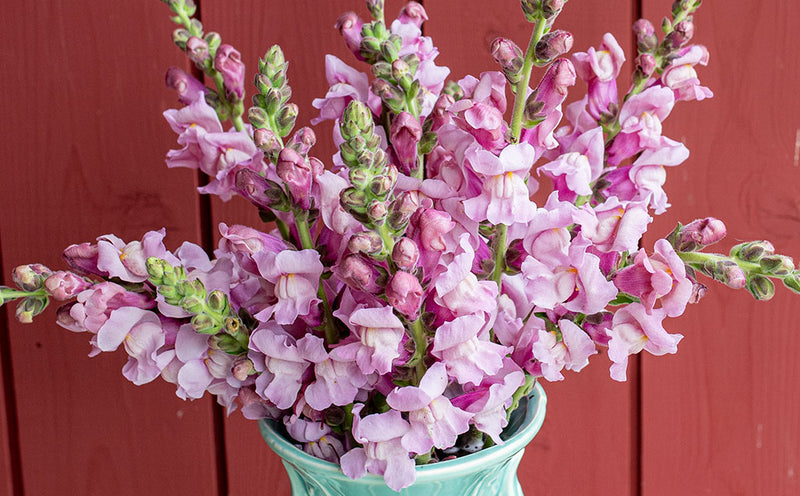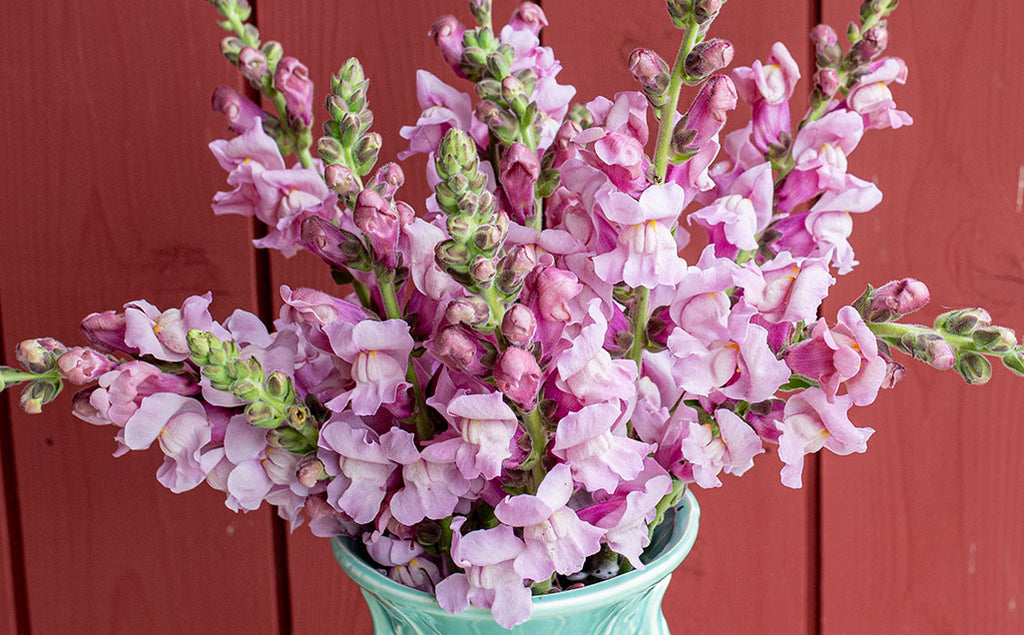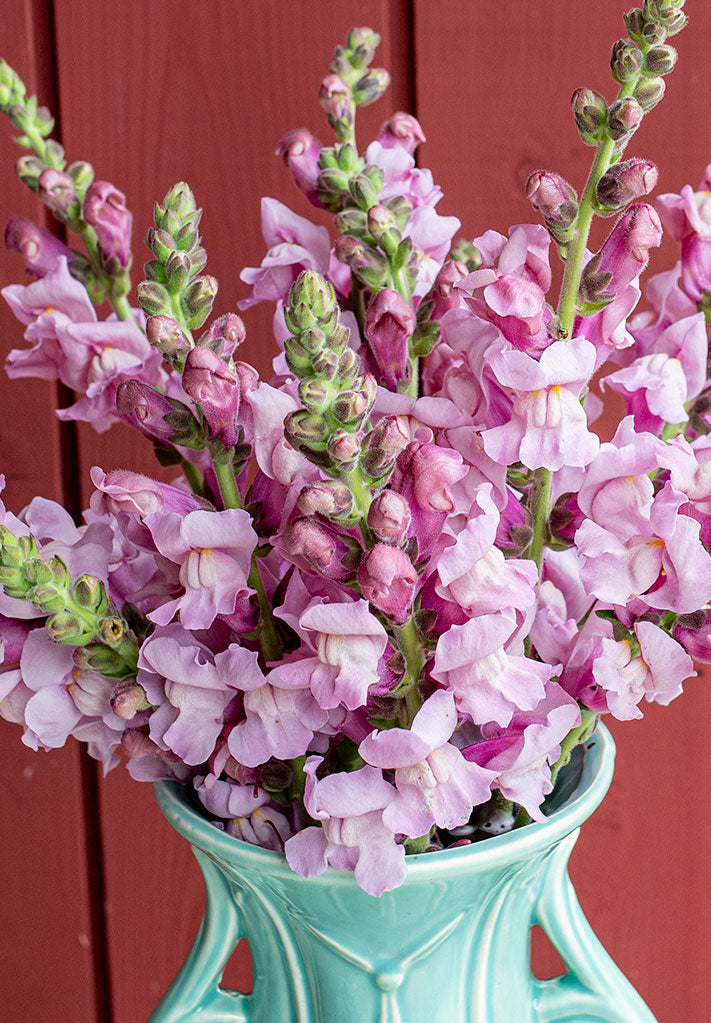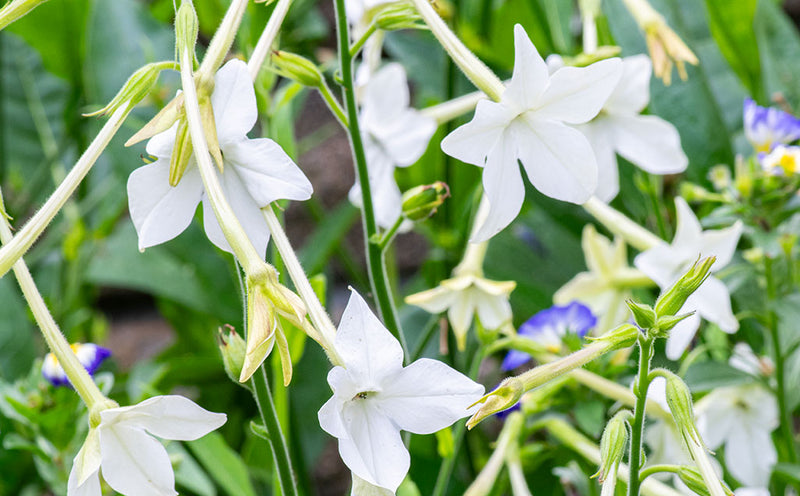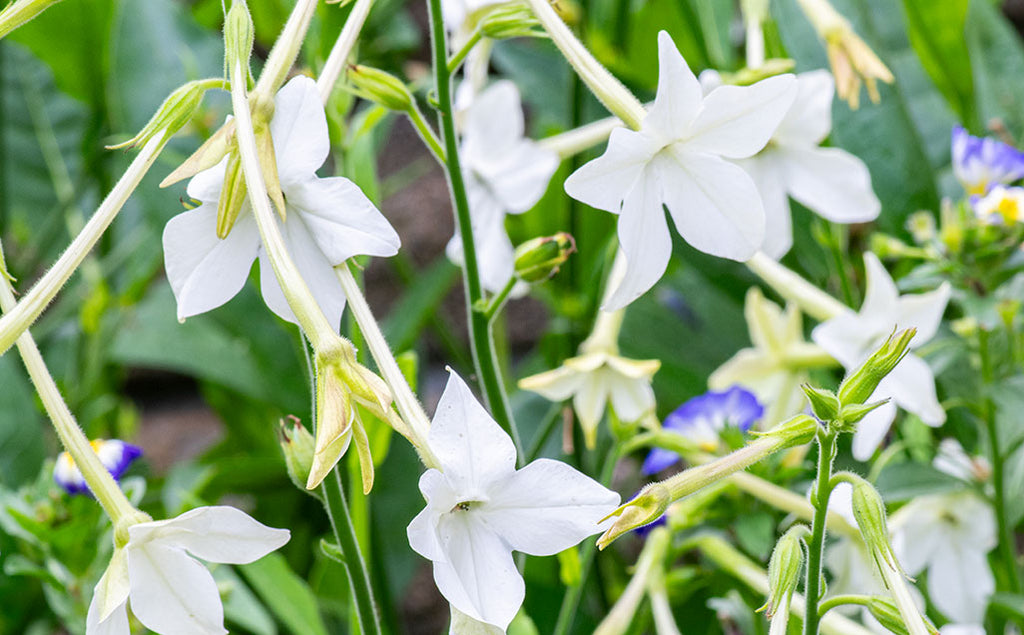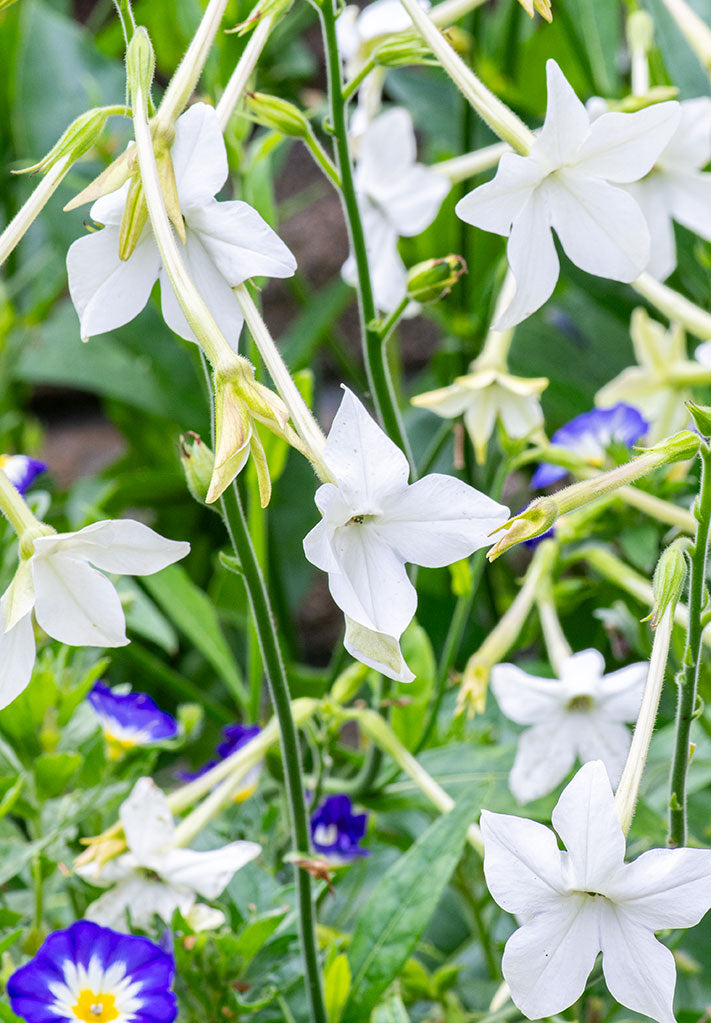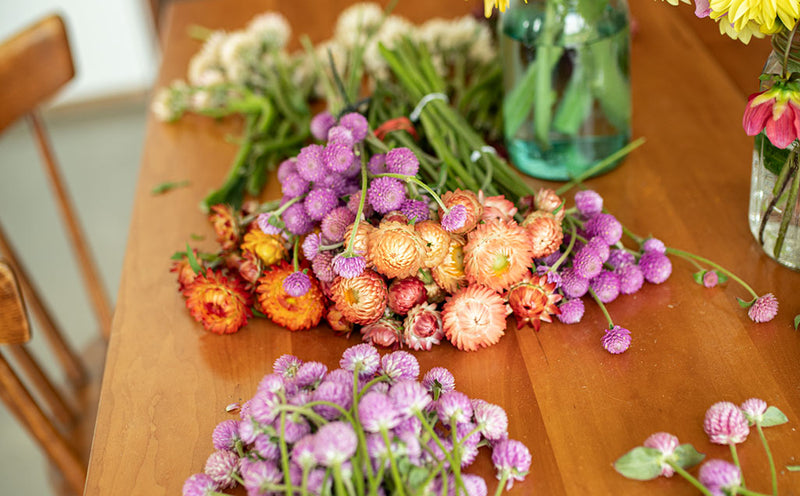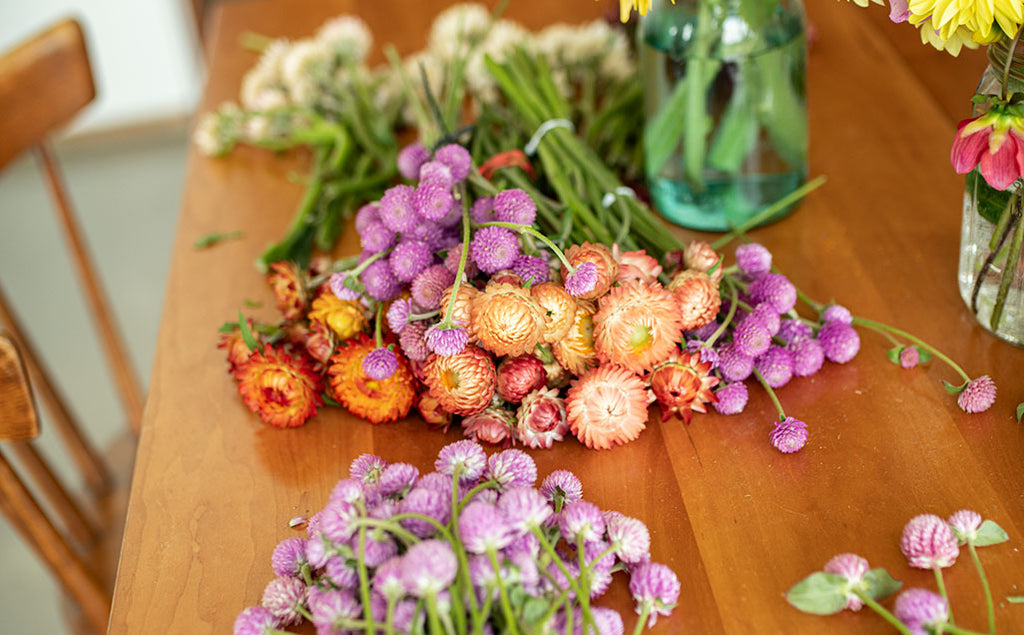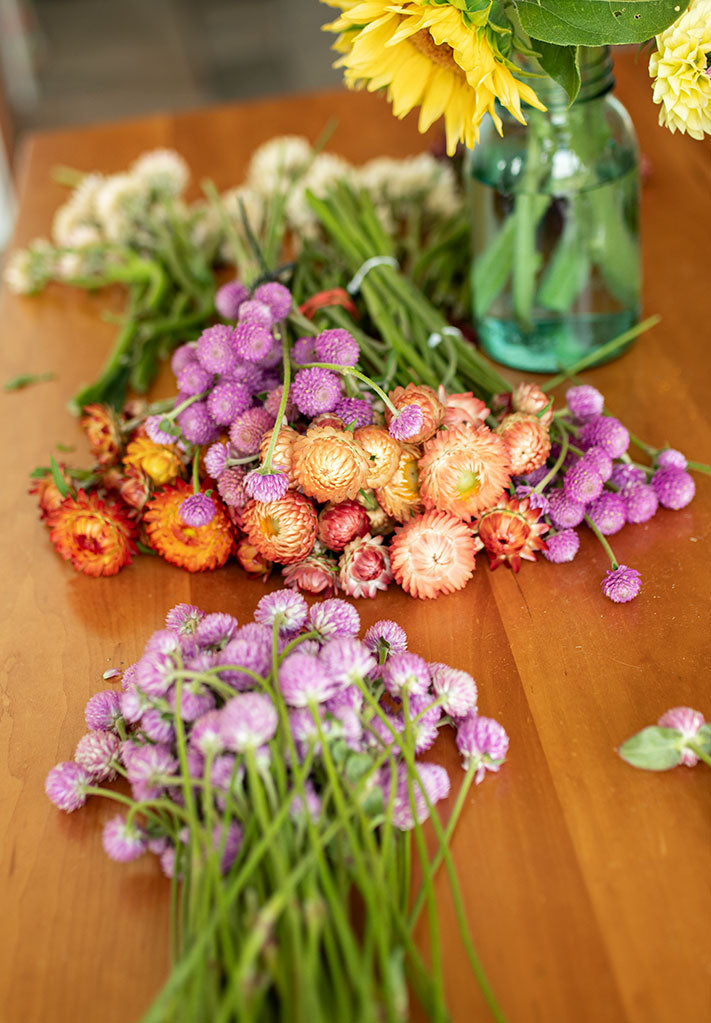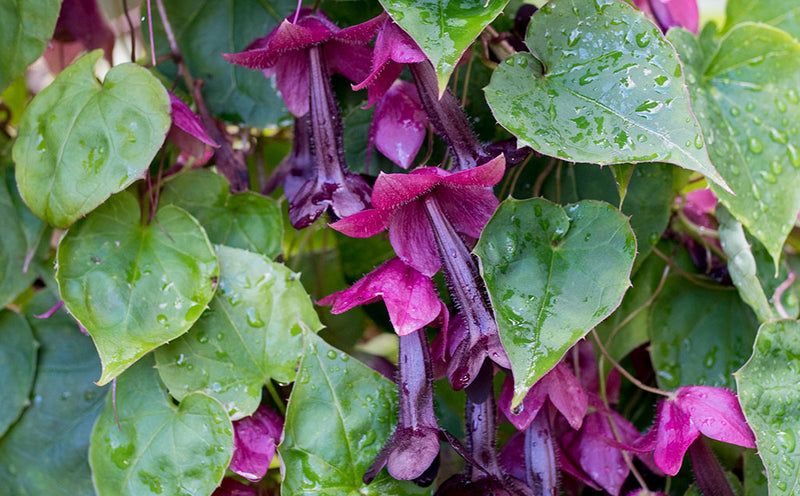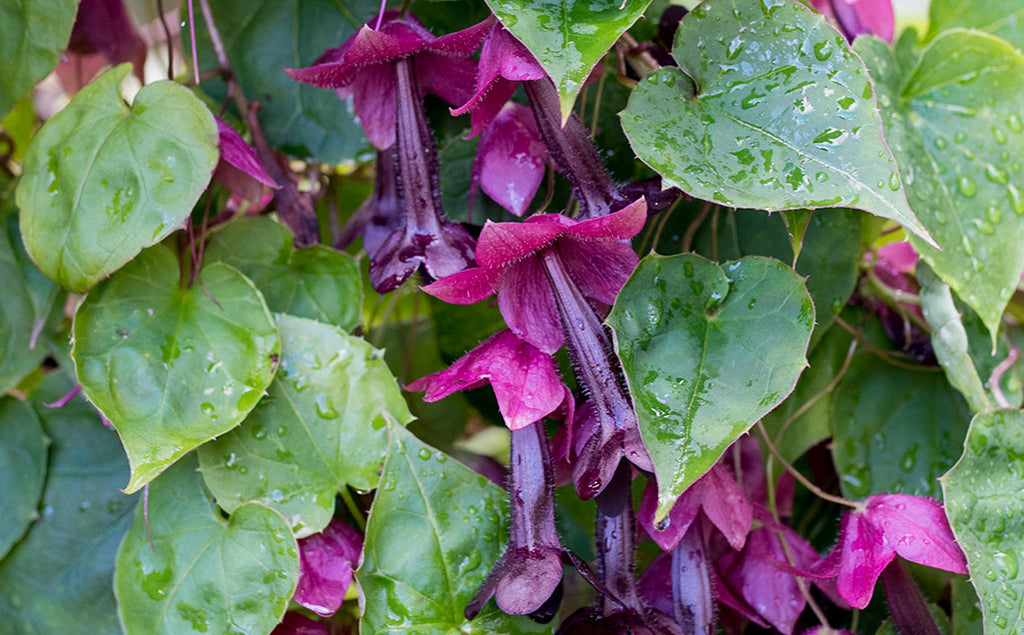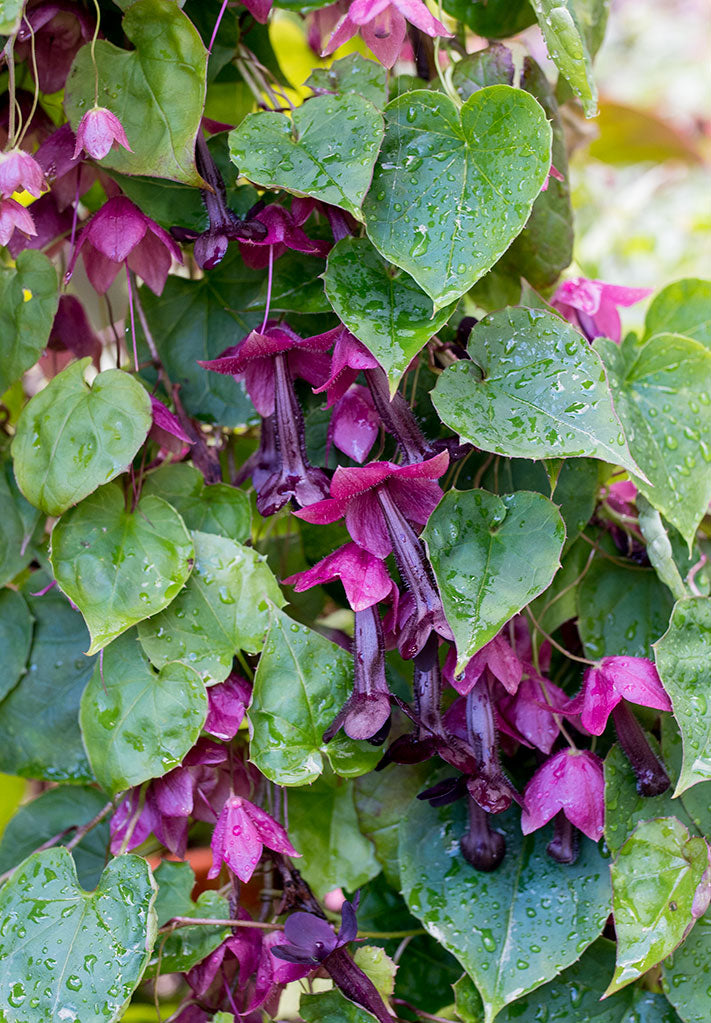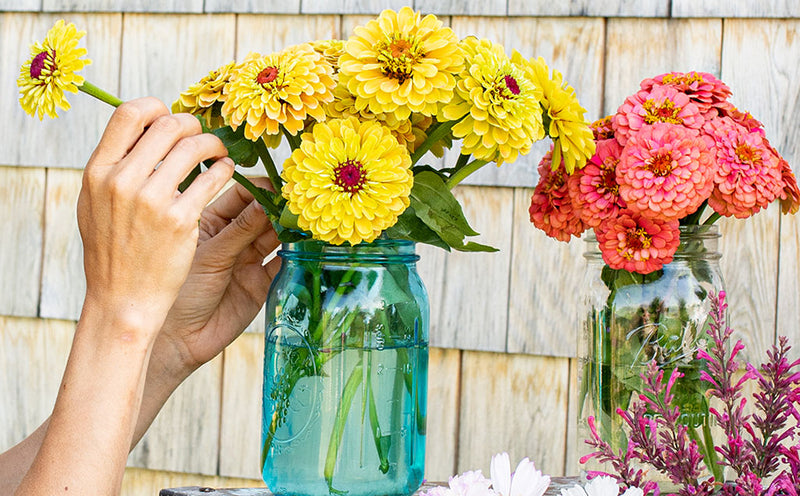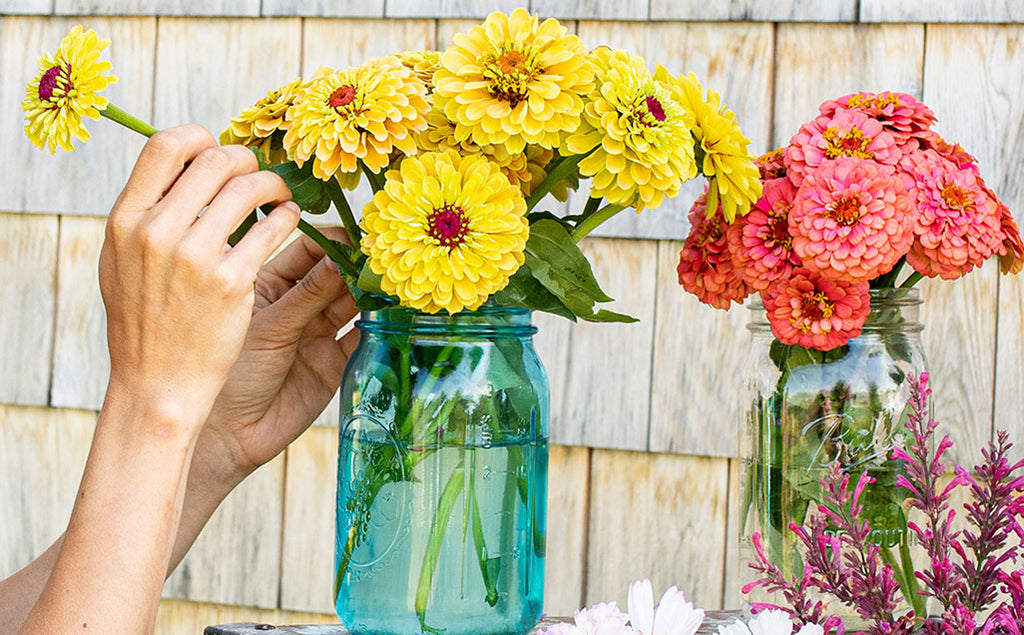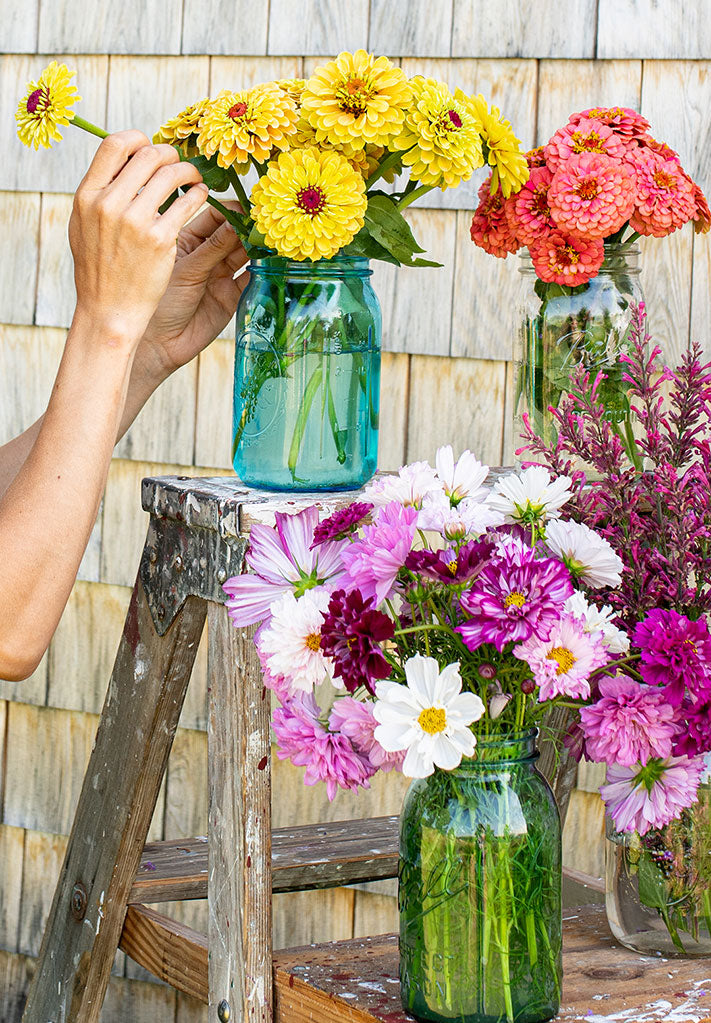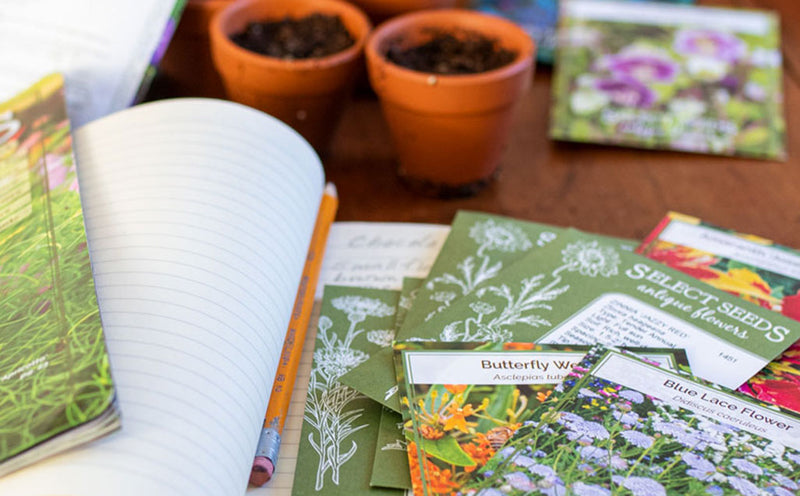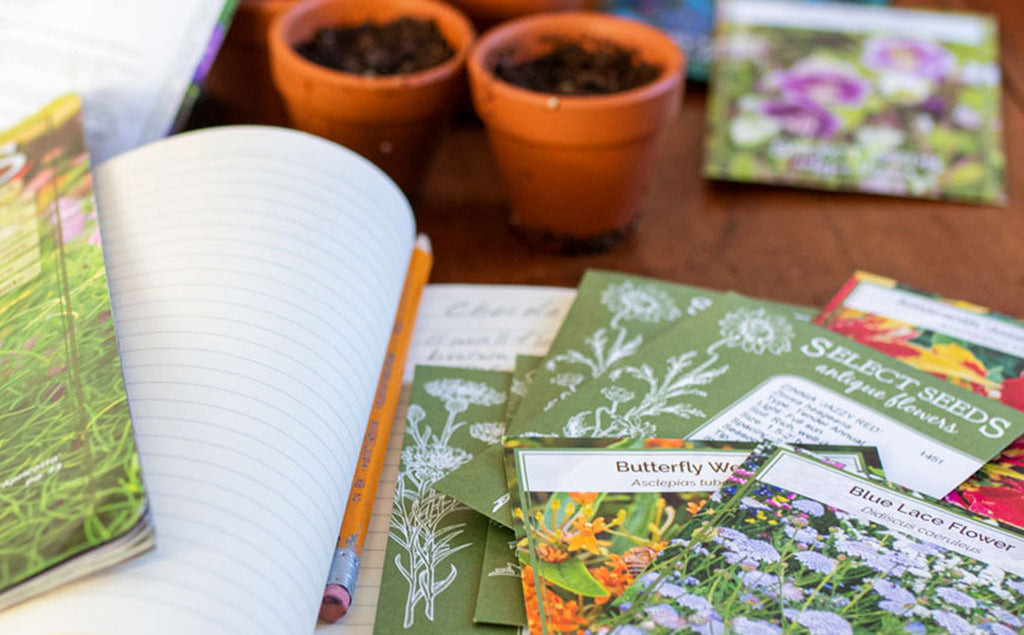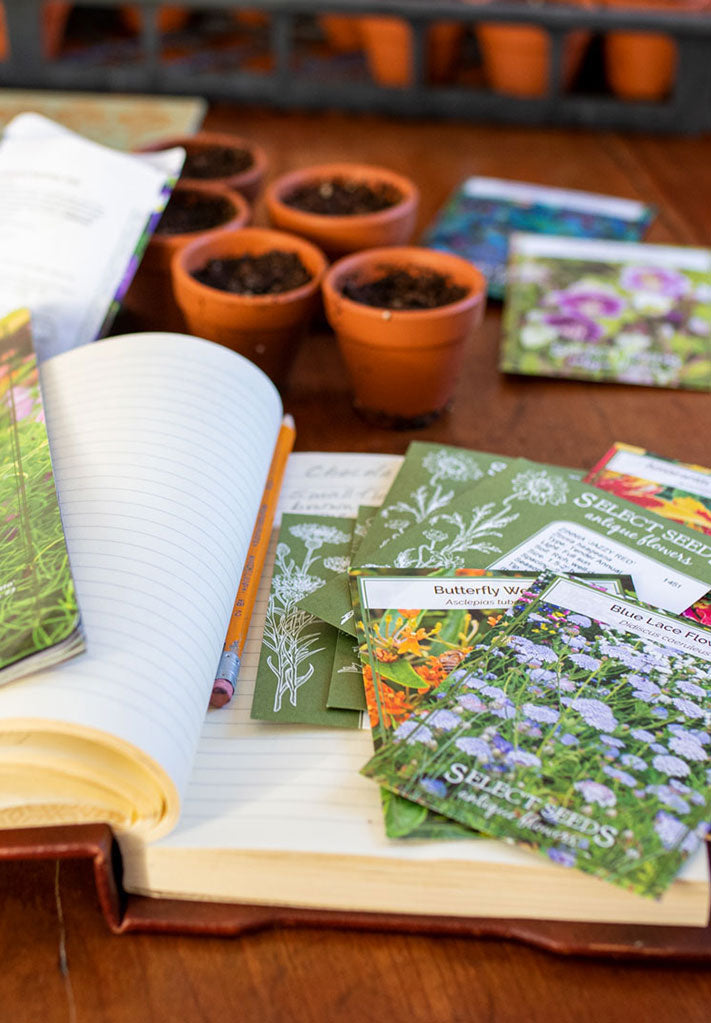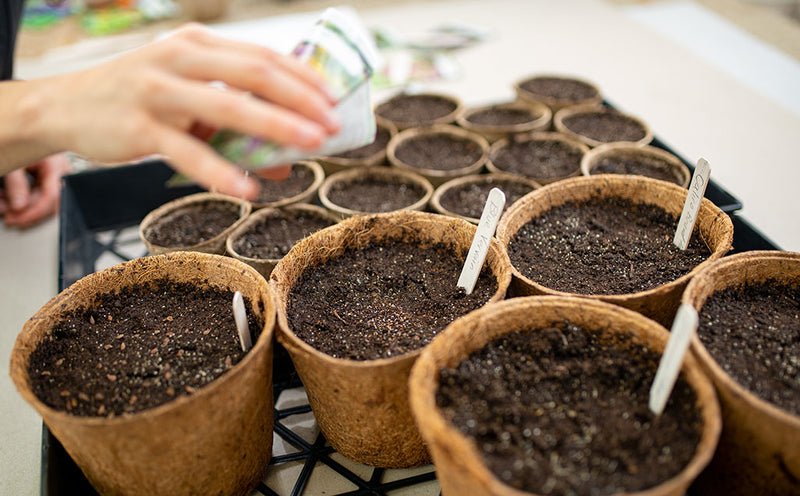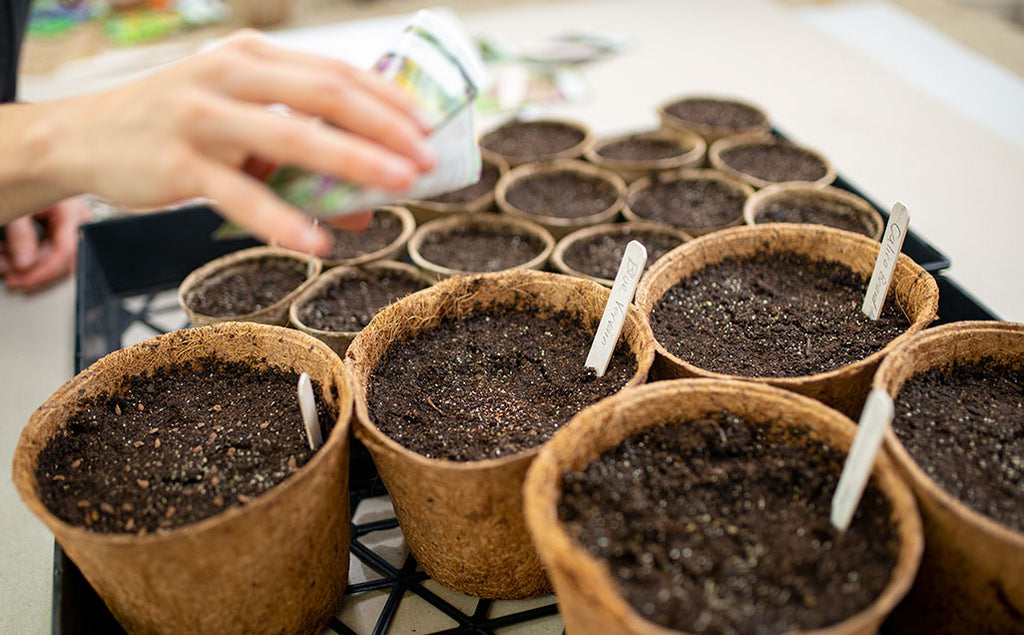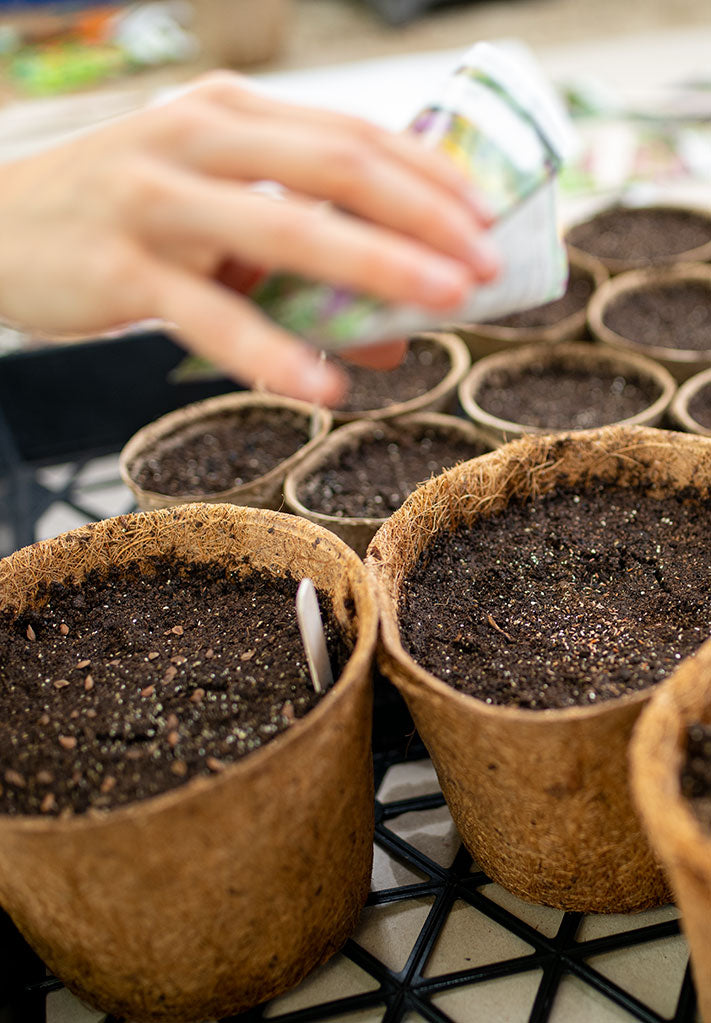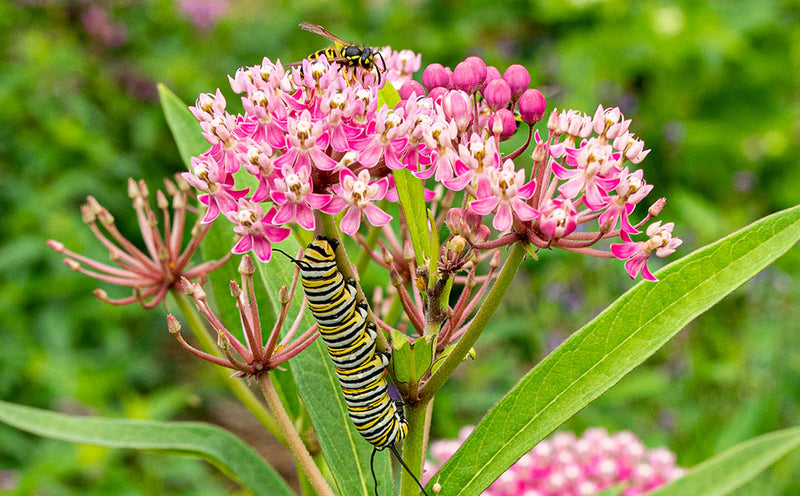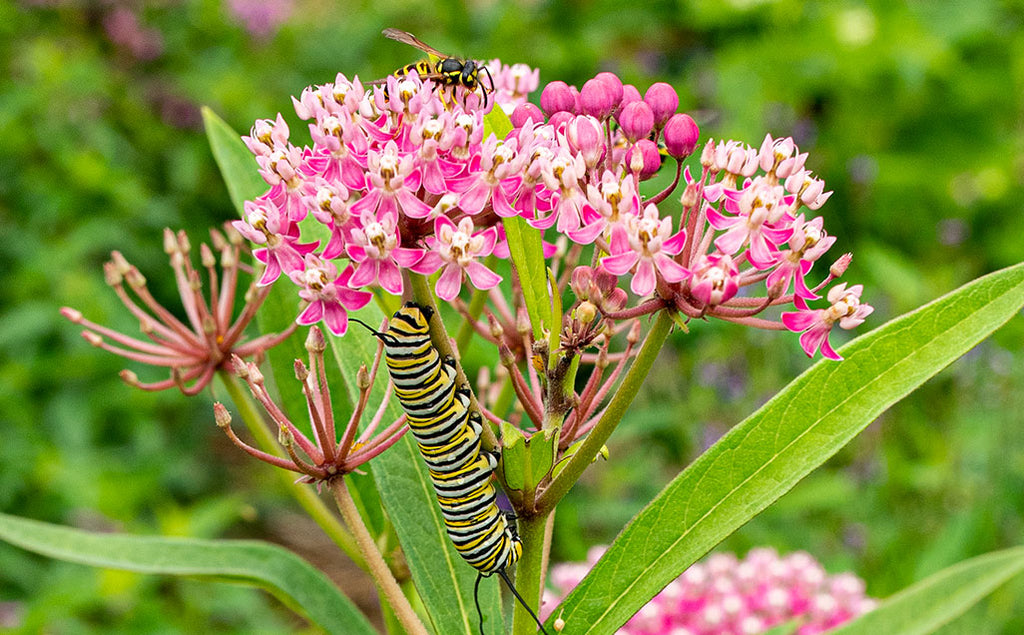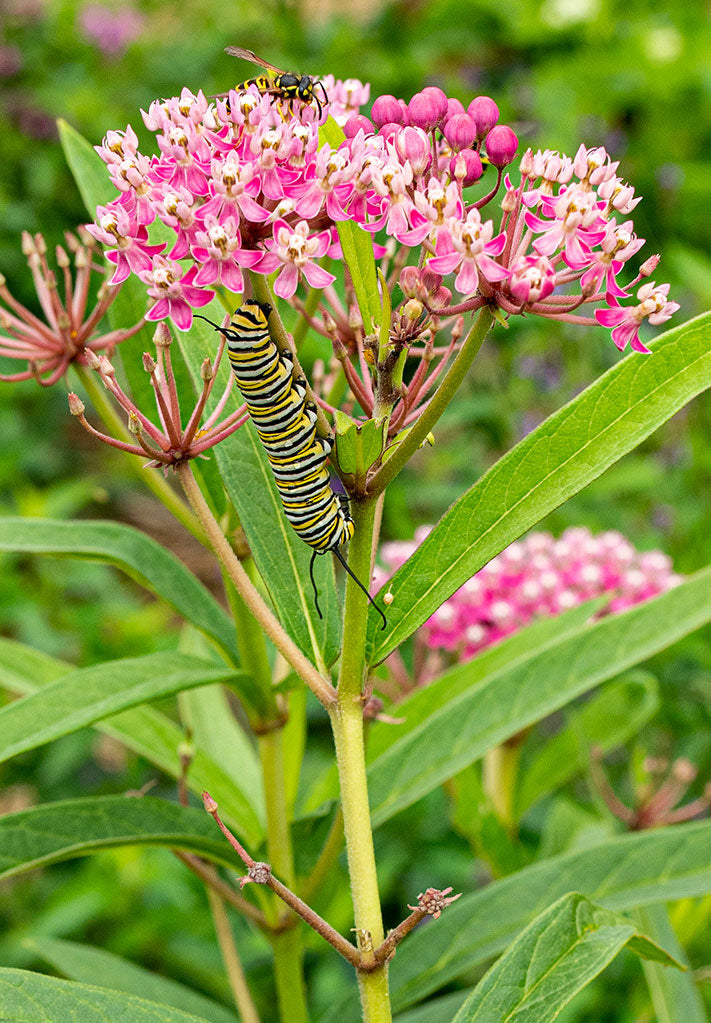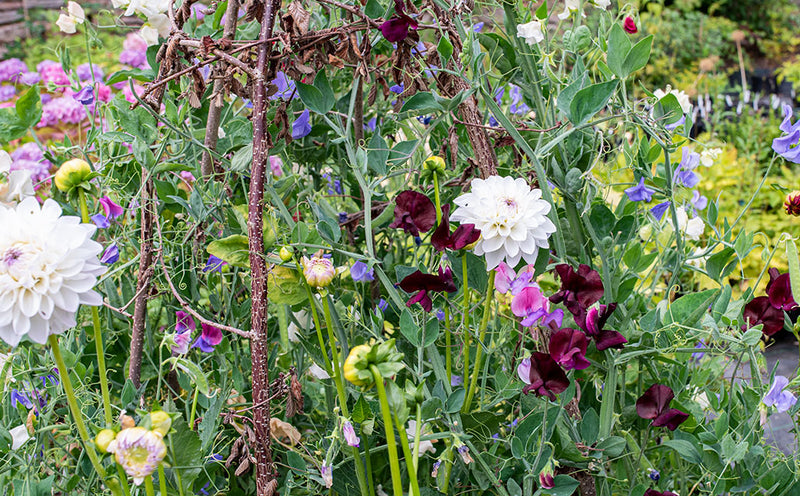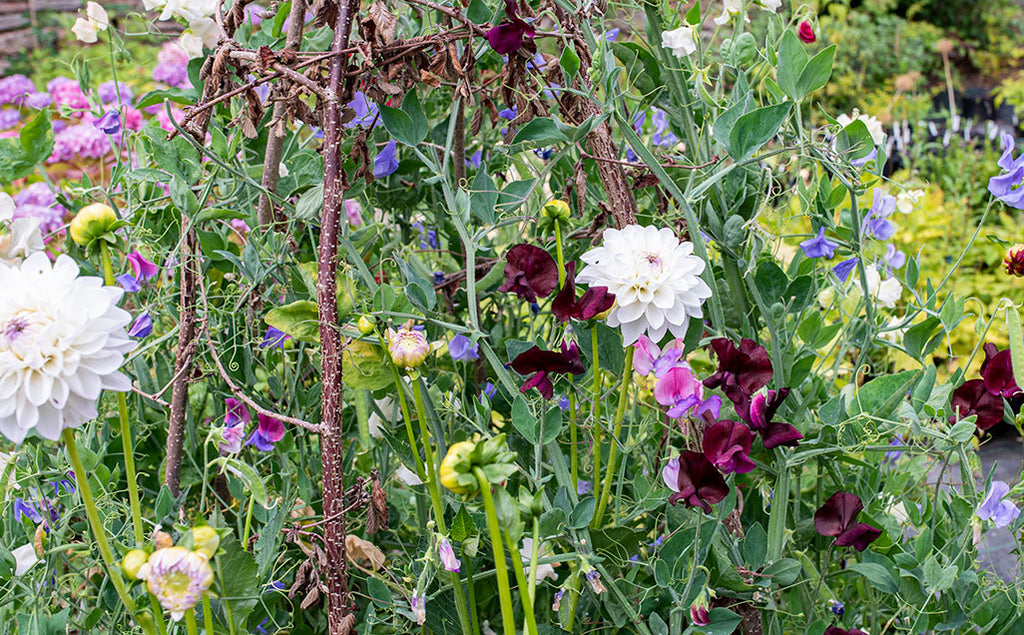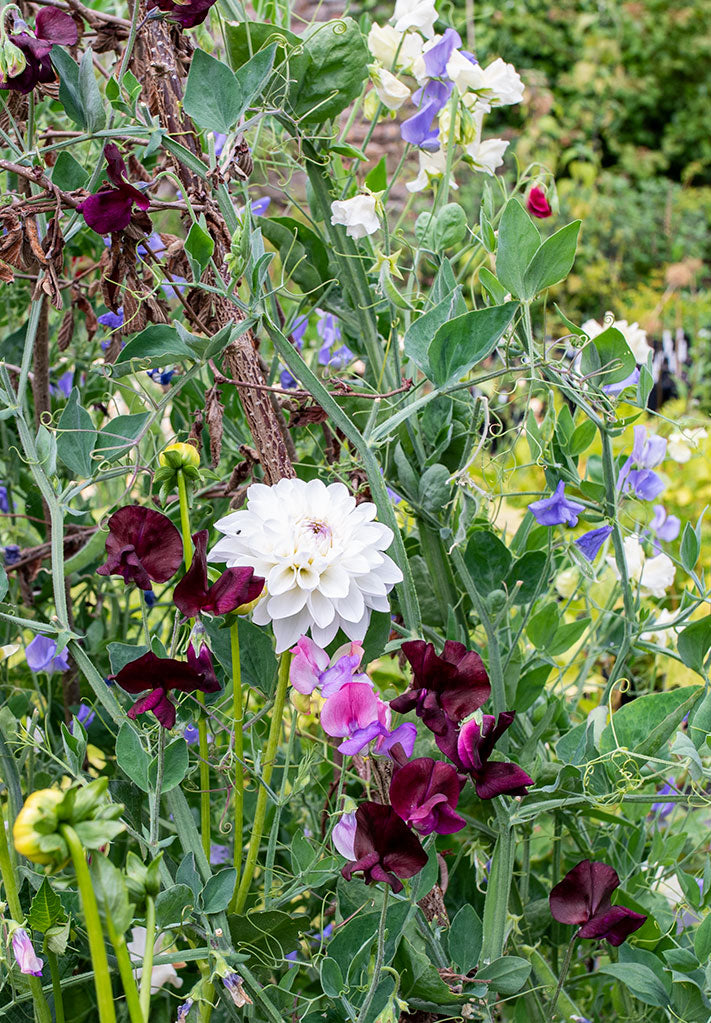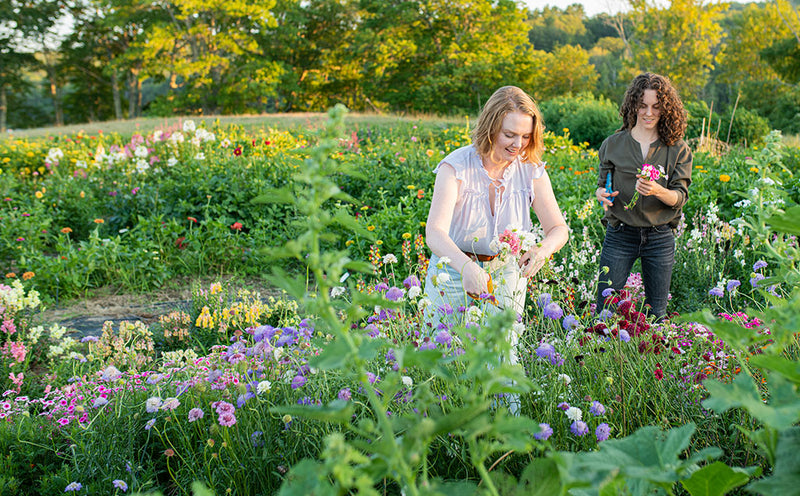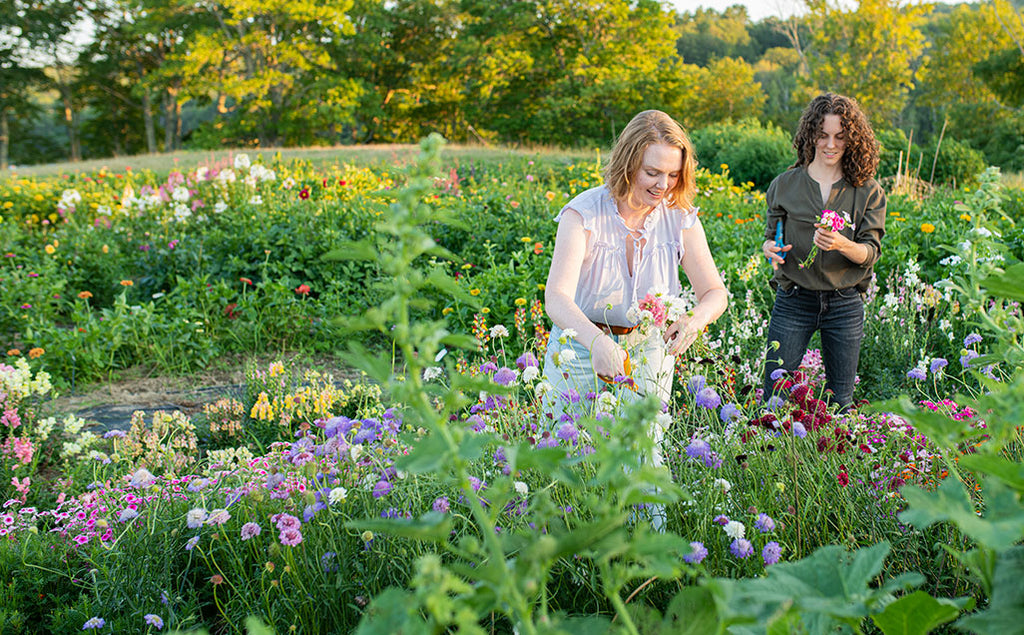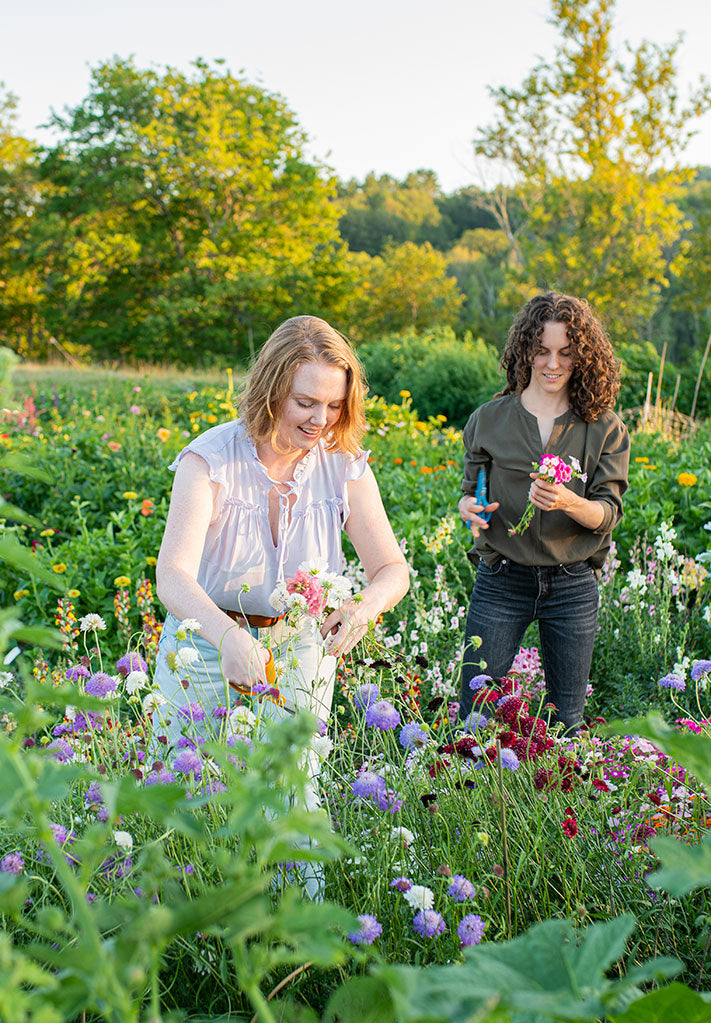SOWING INSTRUCTIONS
Starting Indoors:
Sow indoors in pots 8-10 weeks before setting out. Keep at 65-75°F.
Starting Outdoors:
Sow in spring to early summer.
WHEN TO SET OUTSIDE
Plant out in springtime after all danger of frost has passed or in early autumn.
PLACEMENT & CULTIVATION
Asters are a wonderful choice for attracting late-season pollinators such as butterflies and bees, as they bloom in late autumn when fewer flowers are available. A host plant for butterfly caterpillars, and a beneficial insect hot spot, they provide nesting sites for native bees. They also add beautiful color and fine texture to the fall perennial bed. Asters are adaptable to most soil types, but they require well-drained soil and prefer full sun to light shade, especially in particularly hot locations. It's important to mulch the soil around the plants to keep it cool and moist, and to divide the plants every two to three years in either spring or autumn to maintain their vigor.
Watering Details:
Water regularly, about 1" a week, but do not overwater—they are also somewhat drought tolerant, but extremes will reduce blooms.
Soil pH:
This plant can grow in a variety pH levels but prefers one that is slightly acidic.
Fertilizer:
Mix in 1-2" of compost in poor soils. Topdress with about a half inch of compost, repeating annually in early spring, or mix in an application of organic granular fertilizer.
Diseases & Pests:
May occasionally be browsed by deer or rabbits. Deter these animals by applying an organic pellet animal repellent. Prevent fungal problems by placing in full sun with plenty of airflow.
When to Cut for Bouquets:
Harvest when flowers are partly to fully open.
